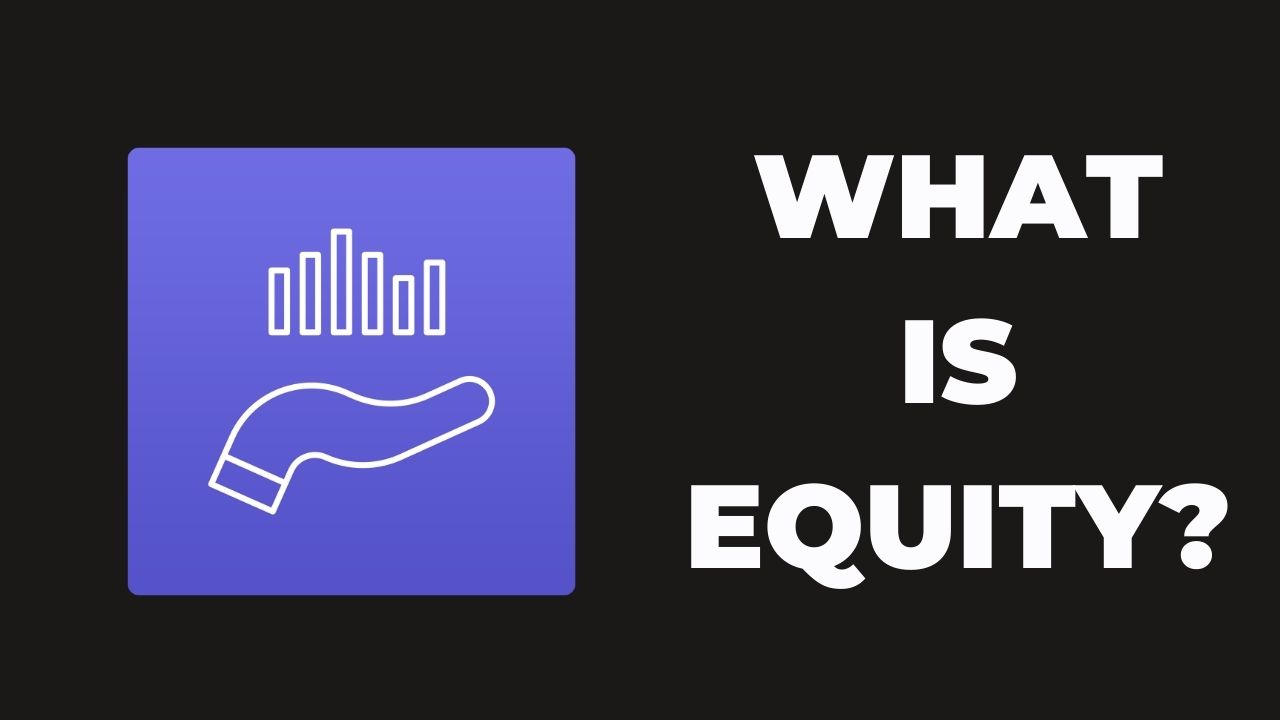In financial or business contexts, equity often means ownership or a stake in something. For example, if you own shares in a company, you have equity in that company. If you own equity in a company, it means you have a claim on the company’s assets and earnings proportional to the amount of equity you own. Equity holders may benefit from dividends, voting rights, and potential capital gains if the value of the company increases.
Table of Contents
Why is it called equity?
The term “equity” in finance originates from the concept of fairness and justice. In its essence, equity represents a fair distribution of ownership and claims to assets. This principle of fairness is deeply ingrained in the financial world, where the concept of equity ensures that all stakeholders are treated fairly and have their rightful share in a company or investment.
Is equity an asset?
Yes, equity is considered an asset in finance. In financial accounting, assets are resources that a company owns or controls, and which are expected to provide future economic benefits. Equity represents ownership in a company or investment, and it’s classified as a type of asset because it has value and can generate returns for the owner. When you own equity in a company, you have a claim on the company’s assets and earnings proportional to your ownership stake. This ownership stake is typically represented by shares of stock or other similar instruments.
Is cash an equity?
No, cash is not considered equity. Cash is a liquid asset, meaning it can be easily converted into other assets or used to make purchases. It represents the money and cash equivalents that a company holds, such as physical currency, bank deposits, and short-term investments with high liquidity.
Equity, on the other hand, represents ownership in a company or investment. It signifies a claim on the assets and earnings of the entity. Equity is typically represented by shares of stock or ownership stakes in businesses. While cash can be used to acquire equity, they are distinct financial instruments with different characteristics and purposes.
Which is better cash or equity?
Determining whether cash or equity is better depends on various factors like your financial goals, risk tolerance, and investment strategy. Cash offers immediate liquidity and stability, while equity investments can potentially provide higher returns but come with higher risk.
It’s often recommended to have a diversified portfolio that includes a mix of both cash and equity investments to balance risk and return potential. Consulting with a financial advisor can help you determine the best allocation based on your specific goals and risk tolerance.
Some Common Questions regarding Equity
What is the meaning of 1 crore for 2 equity?
When someone talks about “1 crore for 2 equity,” they mean investing 1 crore rupees in exchange for a 2% ownership stake in a company.
What is the meaning of 50 lakh for 2 equity?
“50 lakh for 2 equity” would mean investing 50 lakh rupees for a 2% ownership stake.
What is the meaning of 1 crore for 5 percent equity?
“1 crore for 5 percent equity” means investing 1 crore rupees in exchange for a 5% ownership stake in a company.
What does 50% equity mean?
Having “50% equity” signifies owning half of something, like a business or property.
Conclusion
To sum it up, equity in finance reflects fairness and equal treatment in ownership. It’s called equity because it signifies having a fair share. Equity is an asset and can be acquired through investments. Deciding between cash and equity depends on individual circumstances. Percentages indicate ownership stakes, and understanding equity helps in making informed financial decisions

